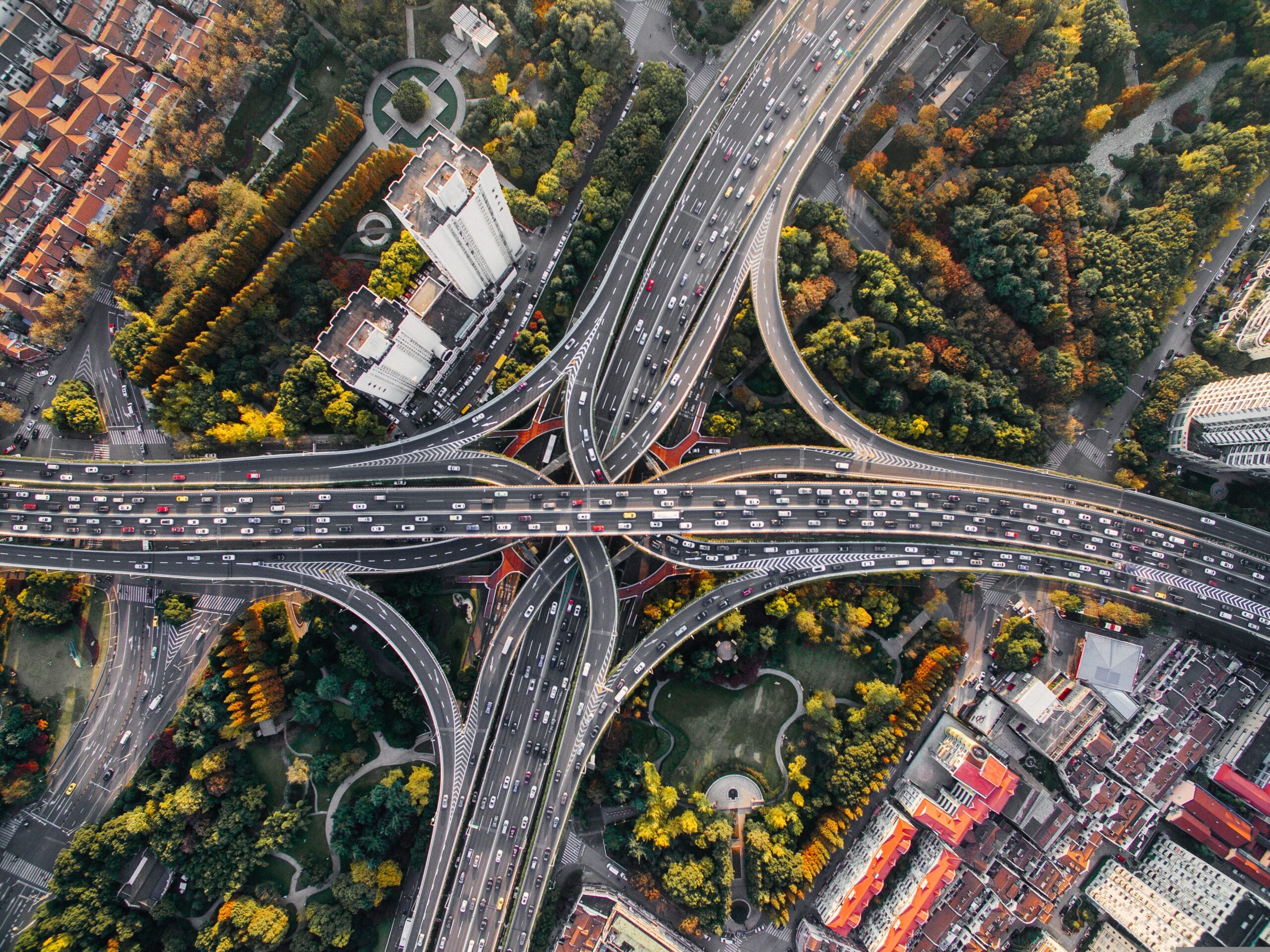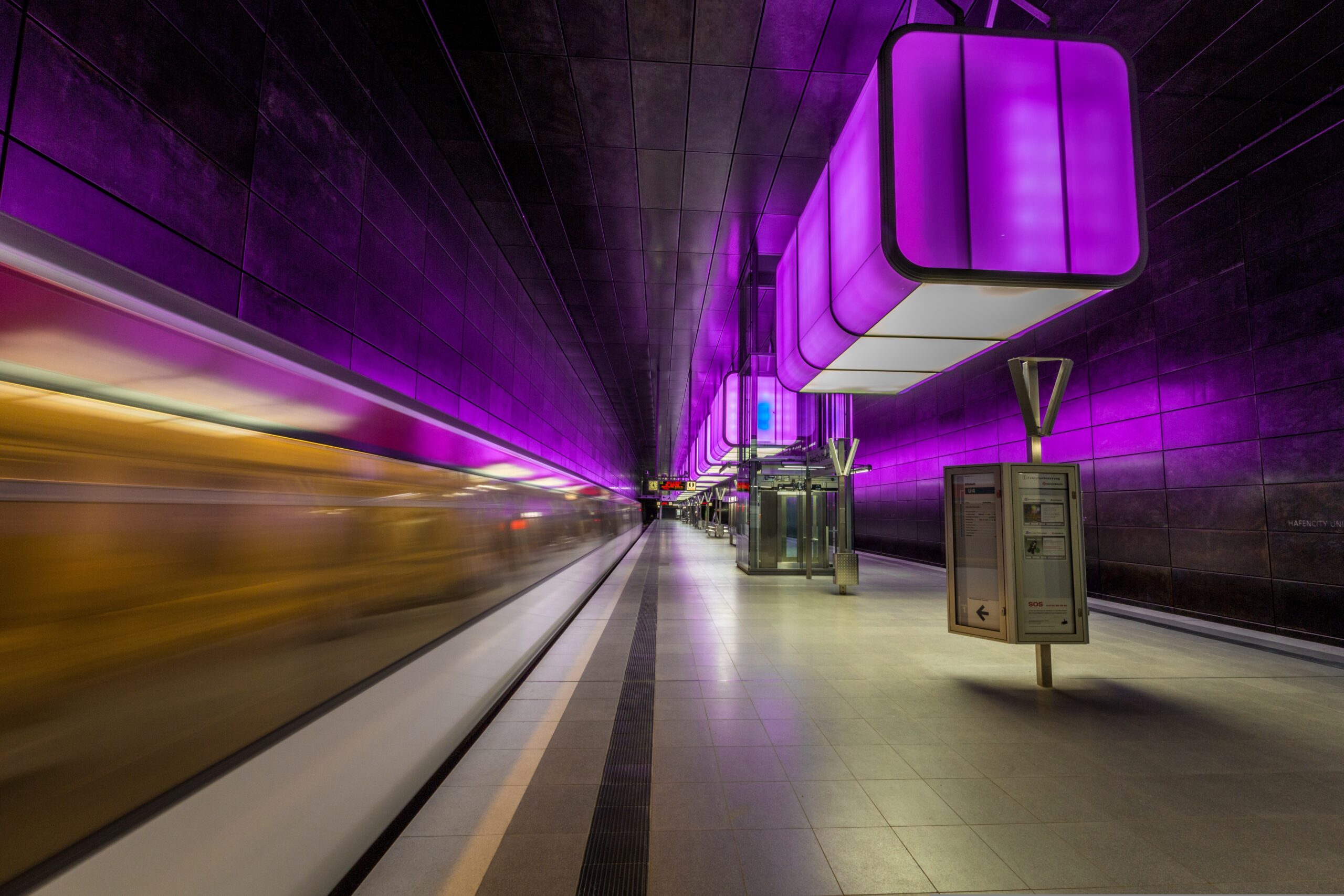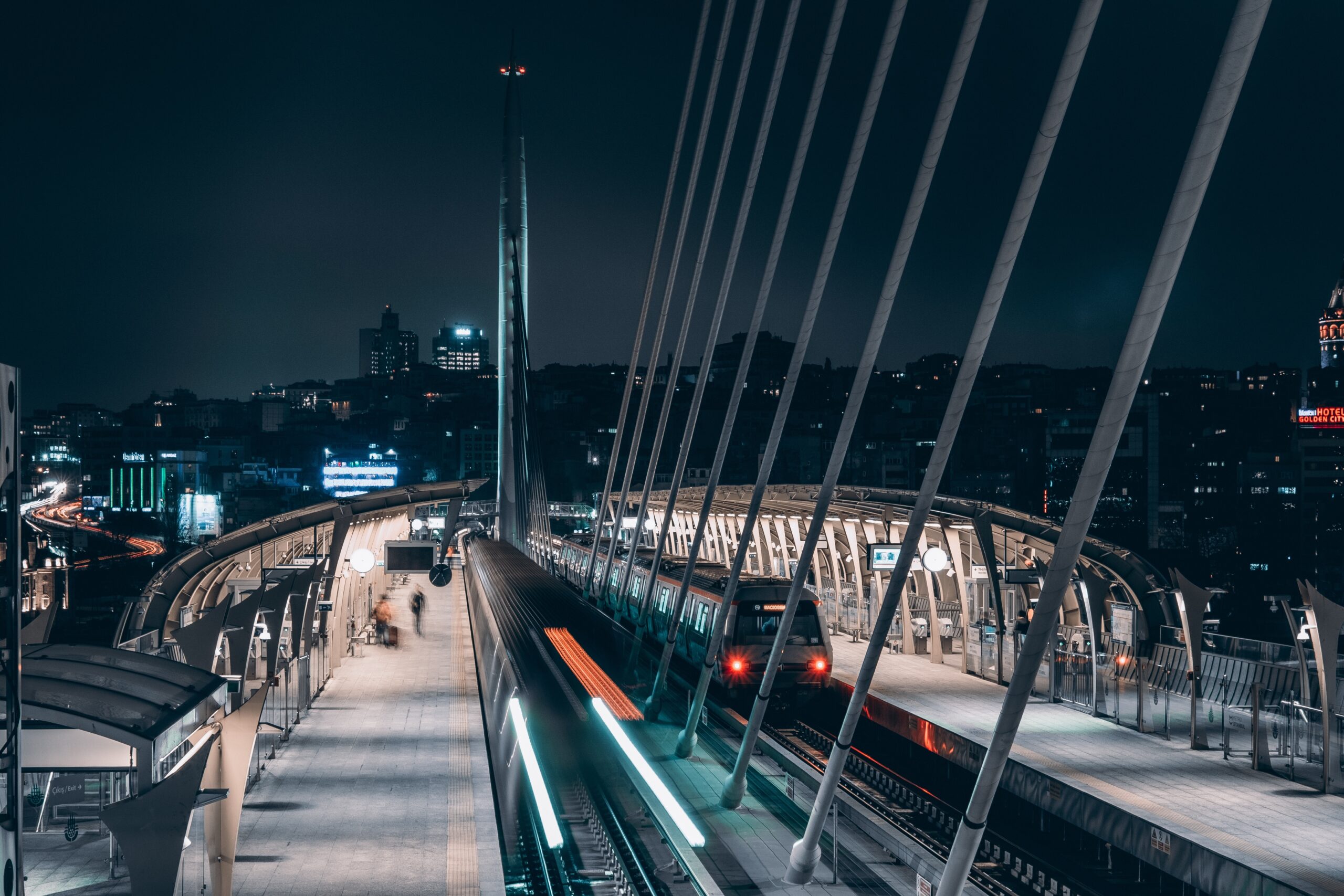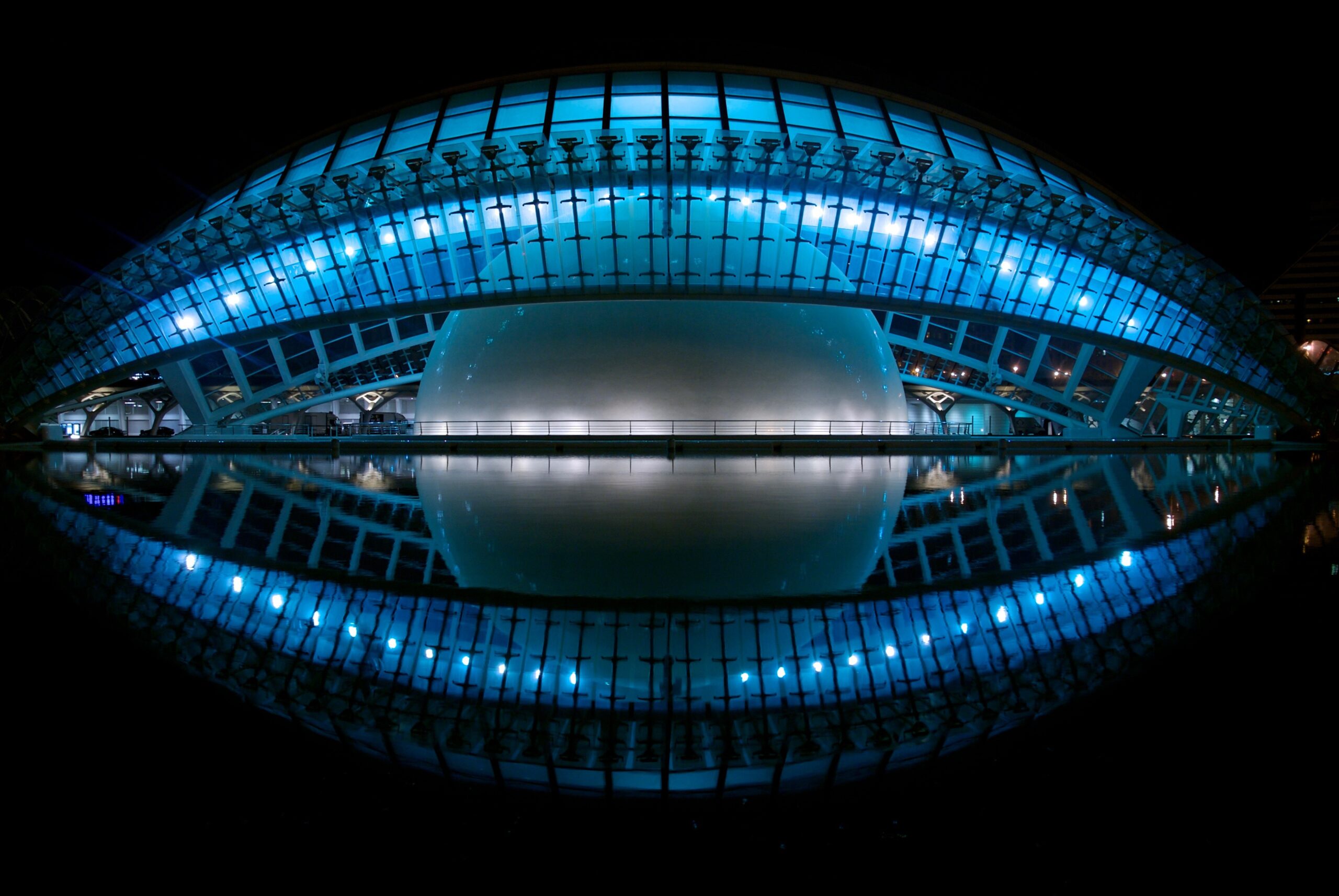Mobility
As we continue to explore new frontiers in mobility, we must strive to balance the demands of progress with the imperative of sustainability. Electric vehicles, autonomous cars, and advanced public transportation systems offer promising solutions to the challenges posed by climate change and urban congestion. By embracing these innovations and investing in infrastructure that supports a more sustainable future, we can ensure that mobility remains a force for good, connecting people, places, and ideas in a harmonious and equitable manner.
"In a world that's constantly evolving, mobility is more than just transportation – it's a driving force of progress. At FEVOL, we're dedicated to redefining how people move, work, and live. Our innovative solutions are designed to connect, inspire, and empower individuals and communities. From cutting-edge technology to sustainable practices, we're shaping the future of mobility, one journey at a time."
- Roads: Roads, as the fundamental infrastructure of land transportation, serve as the arteries that connect cities, towns, and rural areas. They are essential for facilitating the movement of people, goods, and services.
- Urban transport: Urban transport is the lifeblood of cities, providing essential services for residents, businesses, and visitors. It plays a crucial role in shaping the character of urban areas, influencing factors such as economic development, quality of life, and environmental sustainability.
- Rail: Rail transportation has been a cornerstone of mobility for centuries, providing a reliable and efficient means of long-distance travel. From the steam locomotives of the Industrial Revolution to the high-speed trains of today, rail has played a vital role in connecting people, places, and economies.
- Architecture: From grand train stations to sleek bus terminals, architectural design can enhance the functionality, aesthetics, and overall experience of mobility.
- HVAC: systems play a critical role in ensuring the comfort and safety of passengers and drivers in various modes of transportation. As technology continues to advance, HVAC systems in mobility are becoming increasingly sophisticated and efficient. By ensuring a comfortable and healthy environment for passengers, HVAC systems play a vital role in enhancing the overall travel experience.
Our Approach
At FEVOL, we believe in a collaborative and customer-centric approach. We work closely with our clients to understand their unique needs and develop tailored solutions that meet their specific requirements. Our commitment to innovation and sustainability drives us to explore new technologies and explore emerging opportunities.
A Sustainable Future
We are passionate about creating a sustainable energy future for generations to come. By focusing on renewable energy, energy efficiency, and grid modernization, we are helping to reduce our reliance on fossil fuels and mitigate the impacts of climate change.

Roads
Our Services:
- Road Construction: We specialize in building new roads, highways, and bridges, using the latest technologies and industry best practices.
- Road Maintenance: Our maintenance teams ensure that roads remain in optimal condition through regular inspections, repairs, and upgrades.
- Road Rehabilitation: We revitalize aging roads by resurfacing, reconstructing, or widening them to meet current traffic demands.
- Intelligent Transportation Systems: We implement advanced technologies to improve traffic flow, enhance safety, and reduce congestion.
- Sustainable Infrastructure: We prioritize environmentally friendly practices in our projects, minimizing our impact on the environment.
Our Commitment:
- Safety: Ensuring the safety of road users through our high-quality workmanship and adherence to safety standards.
- Efficiency: Improving traffic flow and reducing congestion to enhance mobility.
- Sustainability: Building and maintaining roads that are environmentally friendly and contribute to a sustainable future.
- Innovation: Embracing new technologies and approaches to improve our services and deliver better results.
By providing reliable and efficient road infrastructure, we are helping to connect communities, stimulate economic growth, and improve the quality of life for millions of people.

Urban transport
Urban transport is the lifeblood of cities, providing essential services for residents, businesses, and visitors. It plays a crucial role in shaping the character of urban areas, influencing factors such as economic development, quality of life, and environmental sustainability.
Effective urban transport systems are characterized by:
- Accessibility: Ensuring that transportation services are available to all residents, regardless of income or physical ability.
- Efficiency: Minimizing travel time and congestion.
- Reliability: Providing consistent and predictable service.
- Affordability: Making transportation accessible to people of all income levels.
- Sustainability: Reducing environmental impacts, such as air pollution and greenhouse gas emissions.
Our comprehensive range of services includes:
- Public Transportation Systems: We design, build, and operate efficient and reliable public transportation networks, including buses, trains, and subways.
- Intelligent Transportation Systems: We implement advanced technologies to optimize traffic flow, reduce congestion, and enhance safety.
- Sustainable Mobility Solutions: We promote sustainable transportation options, such as electric vehicles, bike-sharing, and pedestrian-friendly infrastructure.
- Urban Planning: We work with cities to develop comprehensive transportation plans that meet the needs of their residents and businesses.

Rail
Rail transportation has been a cornerstone of mobility for centuries, providing a reliable and efficient means of long-distance travel. From the steam locomotives of the Industrial Revolution to the high-speed trains of today, rail has played a vital role in connecting people, places, and economies.
- High-Speed Rail: Trains that travel at speeds exceeding 150 mph, offering a fast and comfortable alternative to air travel.
- Regional Rail: Trains that connect cities and suburbs, providing a convenient and affordable commuting option.
- Freight Rail: Trains that transport goods and materials across long distances.
Benefits of rail transportation include:
- Efficiency: Rail is a highly efficient mode of transportation, capable of carrying large volumes of passengers and cargo over long distances.
- Sustainability: Rail is a more environmentally friendly option than many other forms of transportation, as it produces lower greenhouse gas emissions.
- Reliability: Rail is a reliable mode of transportation, with fewer cancellations and delays compared to other forms of transport.
- Comfort: Rail travel can be comfortable and enjoyable, with spacious seating, amenities, and scenic views.
 Architecture
Architecture
Architecture plays a pivotal role in shaping the urban landscape and influencing how people move within cities. From grand train stations to sleek bus terminals, architectural design can enhance the functionality, aesthetics, and overall experience of mobility.
Architectural innovations in mobility:
- Sustainable Transportation Hubs: Buildings that integrate multiple modes of transportation, such as rail, bus, and bike-sharing, while minimizing environmental impact.
- Smart Infrastructure: Utilizing technology to improve the efficiency and sustainability of transportation infrastructure, such as intelligent traffic systems and solar-powered charging stations.
- Pedestrian-Friendly Urban Design: Creating walkable cities with safe sidewalks, pedestrian crossings, and public spaces.
- Green Roofs and Walls: Incorporating vegetation on building surfaces to improve air quality, reduce energy consumption, and provide habitat for wildlife.

HVAC: Ensuring Comfort and Efficiency
From cars and buses to trains and airplanes, HVAC systems help to maintain a comfortable temperature, regulate humidity, and improve air quality.
Key functions of HVAC systems in mobility:
- Temperature Control: Maintaining a comfortable temperature for passengers, regardless of external conditions.
- Humidity Control: Regulating humidity levels to prevent discomfort and condensation.
- Air Quality: Filtering out pollutants and contaminants to improve indoor air quality.
- Energy Efficiency: Optimizing energy consumption to reduce fuel costs and environmental impact.
Our Services:
- HVAC System Design: We design and engineer customized HVAC systems tailored to the specific needs of different vehicle types.
- HVAC System Installation: Our skilled technicians install HVAC systems with precision and efficiency.
- HVAC System Maintenance: We offer regular maintenance and inspections to ensure optimal performance and longevity.
- HVAC System Upgrades: We can upgrade existing HVAC systems to improve efficiency, comfort, and air quality.